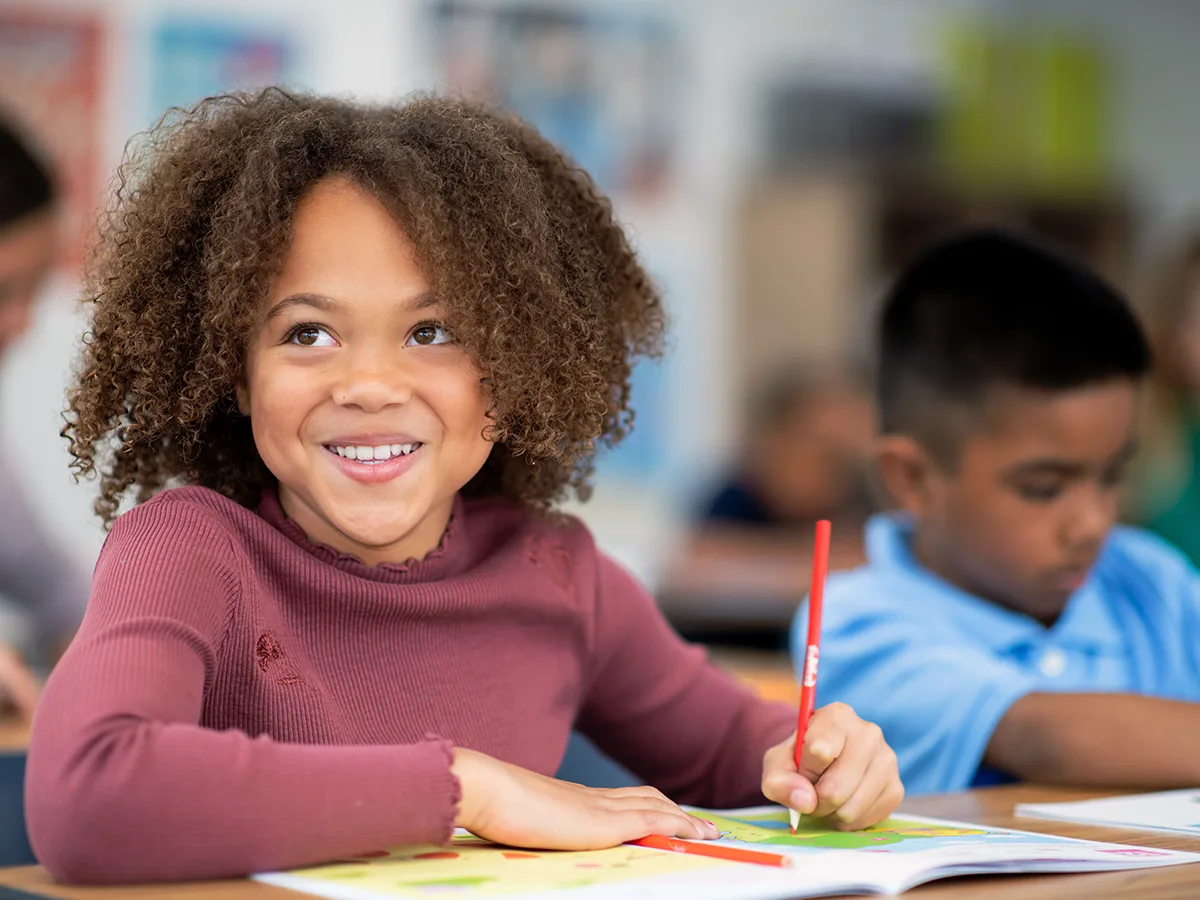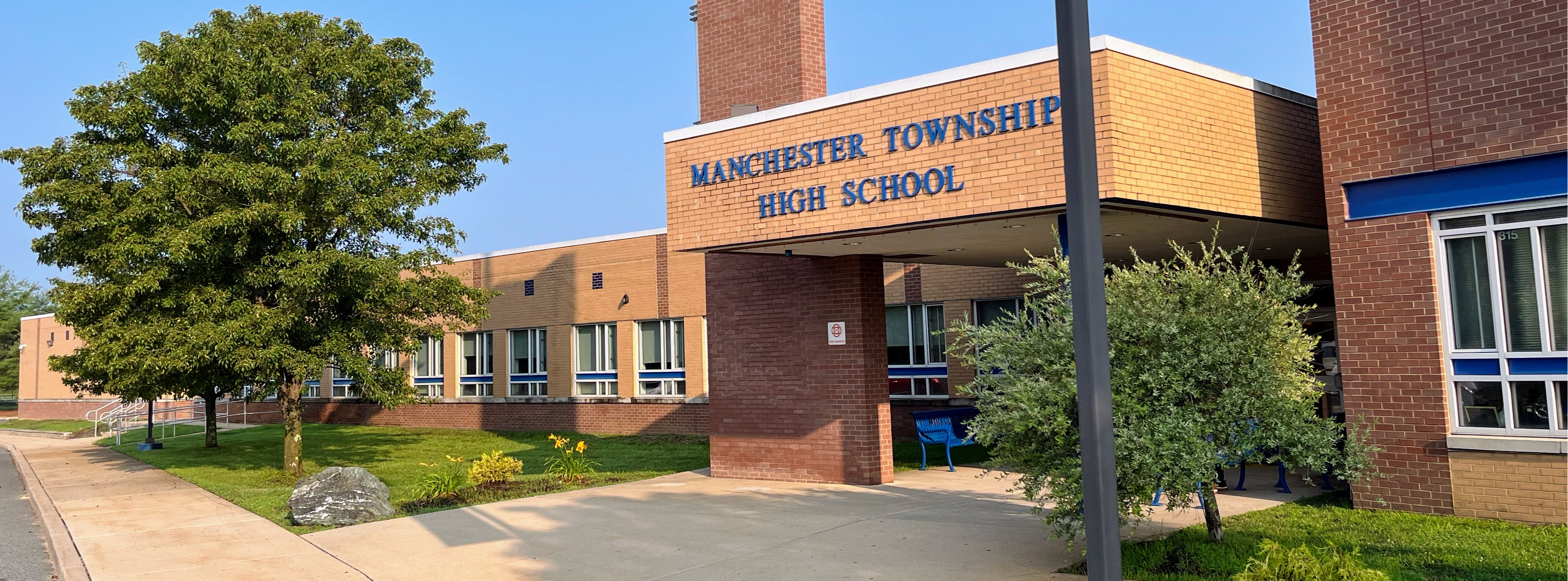Discover the Advantages of Campaigning For: Save Temecula Schools
Discover the Advantages of Campaigning For: Save Temecula Schools
Blog Article
Understanding the Significance of Institutions in Youngster Development and Community Development
Schools function as critical organizations for kid development and area development, giving atmospheres where academic achievements are matched by the growing of social abilities and exposure to diverse perspectives. These instructional setups not just advertise essential reasoning and reliable communication yet also foster compassion with collective tasks. In addition, colleges' involvement with regional communities with service-learning efforts strengthens the bond between families and universities. This symbiotic connection highlights the importance of schools in supporting active citizenship and long-lasting discovering habits. Nevertheless, what are the specific devices whereby these organizations accomplish such extensive influences?
Academic Success
Academic achievement acts as a keystone of youngster growth, supplying the structure whereupon future discovering and success are built. Colleges play an essential function in cultivating this scholastic development, using structured settings where children can obtain essential understanding and cognitive abilities. Standard educational program make sure that students gain effectiveness in core subjects such as mathematics, scientific research, and language arts, which are important for both college and professional possibilities.
Along with passing on essential scholastic abilities, schools additionally grow vital thinking, problem-solving capabilities, and intellectual inquisitiveness. These cognitive proficiencies are crucial for navigating intricate real-world situations and adapting to the ever-evolving needs of the modern-day work environment. Educators, as facilitators of understanding, utilize diverse instructional approaches to satisfy diverse discovering designs, thus taking full advantage of private trainee possibility.
In addition, academic success is closely linked to self-esteem and motivation. Children that experience academic achievements are more probable to establish a positive self-concept and a long-lasting interest for discovering. Colleges additionally offer different sources, such as collections and modern technology, which further enhance the academic experience and prepare pupils for a highly innovative culture.
Social Ability Growth
Beyond academic achievement, the role of colleges in social skill advancement is important. Schools work as a main venue for kids to learn and exercise necessary social skills such as conflict, teamwork, and communication resolution. In the structured environment of a classroom, pupils connect with peers, instructors, and other college team, providing various chances to establish these essential capabilities.
Reliable social ability growth in schools is assisted in with group tasks, collaborative tasks, and extracurricular programs. These interactions aid trainees comprehend social standards, build compassion, and promote a feeling of area. Team projects teach trainees exactly how to work together in the direction of an usual objective, listen to different perspectives, and navigate differences constructively.

The farming of social skills throughout academic year lays a structure for future personal and specialist connections. Save Temecula Schools. As students grow, the capacity to effectively collaborate and connect becomes significantly essential, highlighting the college's important role in all natural child development
Direct Exposure to Diversity
Exposure to variety in schools is fundamental to promoting an inclusive attitude and widening trainees' viewpoints. Schools function as a microcosm of the wider society, and running into diverse societies, languages, and socioeconomic histories within this setting outfits pupils with essential abilities for navigating an increasingly globalized globe. This exposure motivates empathy, reduces internet prejudices, and advertises common respect among peers.
Diverse classrooms likewise enhance cognitive and social growth. Study suggests that trainees that connect with peers from varied histories display much better analytical skills and imagination. They learn to value various perspectives, which enriches classroom conversations and fosters an extra dynamic understanding experience. This understanding of variety prepares students for future workplaces that value multicultural proficiency.

Neighborhood Engagement
The advantages of varied classrooms extend past the institution walls, promoting a solid feeling of neighborhood engagement among pupils. By connecting with peers from various cultural, socioeconomic, and ethnic backgrounds, students obtain a more comprehensive viewpoint and a recognition for diversity. This exposure encourages them to become active residents that agree to contribute positively to their areas.
Colleges that stress neighborhood interaction usually incorporate service-learning tasks, which allow students to resolve real-world issues while using academic abilities. These projects not only improve pupils' understanding of their coursework however likewise infuse a sense of duty and compassion. Partnerships in between institutions and local companies give students with chances to participate in area events, additionally solidifying their function as aggressive area participants - Save Temecula Schools.
Furthermore, parental and community participation in institutions reinforces the bond in between universities and the neighborhoods they serve. When colleges open their doors Learn More to area occasions, workshops, and volunteer possibilities, they produce a collaborative atmosphere that profits all stakeholders. This common support system ensures that pupils obtain holistic development, preparing them to end up being well-shaped individuals that value and add to their neighborhoods. With these initiatives, institutions play an essential duty in supporting community engagement and promoting societal growth.
Lifelong Understanding Routines
Creating long-lasting learning habits is necessary for a kid's continual growth and adaptability in an ever-changing globe. Colleges play an essential role in instilling these habits by creating an environment that fosters interest, crucial reasoning, and a love for knowledge. With extracurricular tasks and diverse educational programs, teachers urge students to explore numerous subjects, examine details critically, and apply their discovering to real-world situations.

Moreover, institutions offer an organized atmosphere where kids can establish self-control and time administration skills, both of which are crucial for continuous discovering. By highlighting the significance of establishing objectives, showing on progression, and adjusting strategies, universities prepare pupils to this post browse the complexities of grown-up life, ensuring they continue to be lifelong learners and contributors to society.
Conclusion
In verdict, institutions are vital in promoting kid advancement and area growth by offering atmospheres favorable to scholastic accomplishment, social ability growth, and direct exposure to diversity. Eventually, colleges cultivate lifelong knowing practices, outfitting individuals with the essential understanding and abilities to add favorably to society.
In the structured setting of a class, pupils engage with peers, educators, and other school personnel, offering many possibilities to create these crucial capabilities.
In essence, direct exposure to diversity within institutions not only improves specific trainees yet likewise reinforces the social textile of the area as a whole.
The benefits of diverse class extend beyond the college wall surfaces, promoting a strong feeling of area involvement amongst trainees.Institutions that stress neighborhood engagement frequently incorporate service-learning jobs, which allow pupils to resolve real-world issues while applying scholastic skills. Collaborations between colleges and local companies provide pupils with chances to participate in area events, further strengthening their role as positive area participants.
Report this page